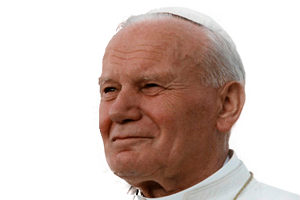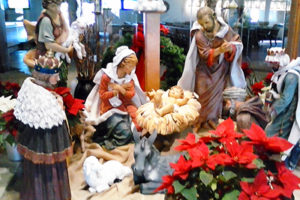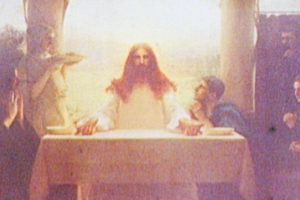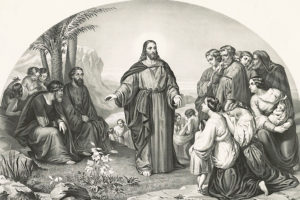CATHOLIC FAITHWATCH: “[Saint John Paul II on the Parable of the Prodigal Son and the Merciful Father -] General Audience, Sept. 8, 2019” – VaticanVa

“… God’s Forgiveness is revealed through Jesus’ Words and Deeds. In pardoning sins, Jesus shows the Face of God the Merciful Father. … The high point of this revelation can be considered the sublime parable … usually called ‘the prodigal son’ … which should be called ‘the Merciful Father’ … God’s Attitude is presented in terms that are truly overwhelming
» Read more






